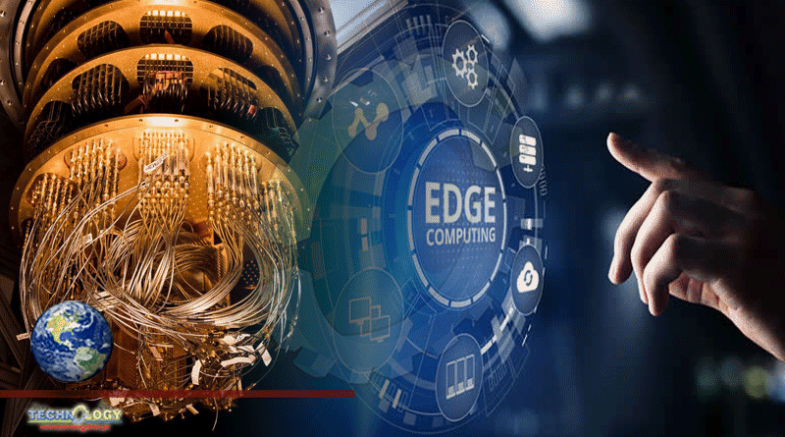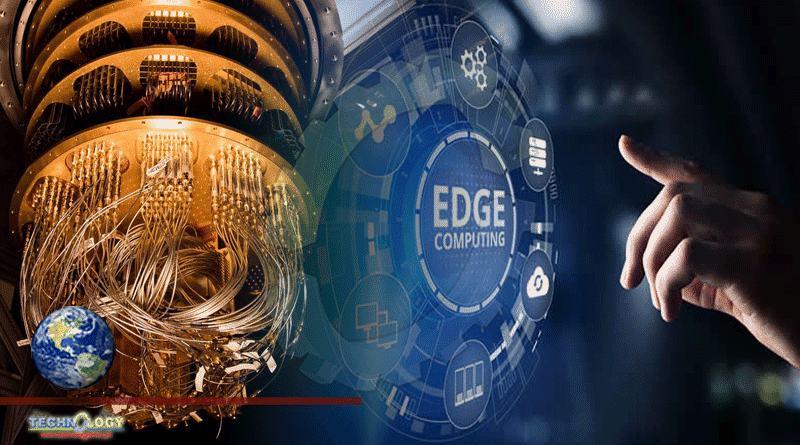Ai, Quantum, High-Performance Computing And Hybrid Cloud To Accelerate Science And New Materials Discovery In 5 Key Areas

2020 has been an unusual year. From the global Covid-19 outbreak that stalled the world’s economy to the huge threat of global warming spurred by the Australian and Brazilian fires which cost millions of acres of rain forests, this year has created the greatest challenges of the last decade. All through these challenges, science and technology have stood at the forefront of the battle to find solutions, thereby illuminating its essential role in the next phase of human evolution. As the world shifts and evolves to face the new challenges, the need to rethink how the world creates, consumes and disposes of materials is essential to achieve sustainability.
IBM’s “5 in 5” predictions
As part of its contribution, IBM has unveiled its “5 in 5” predictions about five significant changes driven by innovation in science and technology that will take place in the next five years. In a chat with Technext, Maletsabisa (Tsabi) Molapo, a Research Scientist with IBM Research (Africa) explained that the predictions are based on IBM’s research into what’s happening currently in the world and what science could be capable of in a five year period. She added that it focuses on advancing technologies including AI, quantum, high-performance computing and hybrid cloud to accelerate science and new materials discovery in 5 key areas. Capturing and transforming Carbon dioxide (CO2) to mitigate climate change
Over the next five years, IBM wants to be able to capture and reuse CO2 efficiently from the air. This is so that it can be scaled globally to reduce the level of the harmful CO2 in the atmosphere and, ultimately, slow climate change. Tsabi revealed that although there are currently methods to extract CO2 from the air, they are, however, too expensive, energy-intensive and not sustainable.
She added that IBM research has a cloud-based knowledge base of existing methods and materials where researchers are collecting pieces of how in chemistry and in other fields CO2 is actually being captured and then using different techniques of natural language processing to actually mine information to discover new cutting edge approaches that are more sustainable and that can be scalable globally. Speaking of other ways IBM is helping to reduce Climate Change, Tsabi elaborated that the other 4 predictions are in a way directed towards reducing climate change.
Ability to artificially convert nitrogen into nitrate-rich fertilizer
The current method of producing fertilizers around the world is not sustainable because of the amount of energy that goes into converting nitrogen into nitrate in the current manufacturing process. IBM wants to change the current manufacturing process by replicating nature’s ability to convert nitrogen in the soil into nitrate-rich fertilizer. By doing this it plans to feed the world while reducing the environmental impact of Fertilizer. To achieve this over the next 5 years, IBM research scientists explained that the old method of creating fertilizer is not ideal. She said there’s need to engage a paradigm shift to accelerate science and technology so that there could be both better fertilizer that improves soil sustainability and an efficient process to produce it.
Environmental-preferable batteries
Since the popularity and use of battery is growing exponentially, IBM wants to create new materials for safer and more environmentally-preferable batteries capable of supporting a renewable-based energy grid. According to Tsabi, the new material will make batteries more sustainable, not just in production but also in use and disposal. The research scientist explained that the team working on it has made considerable progress. She revealed that they have developed a Cobalt and Nickel Free battery that has already shown to have higher power density, lower flammability and much faster charging times than most conventional batteries.
Advanced Materials Manufacturing
Asides batteries, IBM also wants to create a sustainable method of producing semiconductors. It plans to achieve this in the next five years by leveraging AI, quantum, high-performance computing and hybrid cloud to accelerate the creating of new materials.
New generation of Treatment
The contribution of technology to the generation of treatment has been monumental over the last decade. At IBM, Tsabi revealed that it has a big drug discovery team that is working towards the generation of new treatments. She explained that it uses artificial intelligence through Quantum Computing to support healthcare workers and accelerate the process of discovering new drugs. Following the current COVID-19 pandemic, IBM Research will be facilitating the generation of treatments to aid physicians and front-line workers in combating novel, life-threatening viruses on a larger scale than is currently possible.
Impact of the 5 predictions in Africa
The central theme of this year’s 5 in 5 predictions is Accelerating the Discovery of New Materials for a Sustainable Future. So all the predictions will have an impact on Africa because questions of sustainability affect Africa as much as they do the rest of the world. Tsabi believes that Africa is well-positioned for accelerated discovery and innovation over the next decade, and the sustainable discovery, manufacturing and disposing of materials will be critical as part of this future.
Challenges and solution to the 5 Predictions in Africa
Speaking on the possible problems IBM’s 5 predictions may face in Africa, Tsala revealed that a major challenge will be the slow rate of discovery in Africa. She further explains that Africans need to to be more involved in Scientific research and solving problems that matter for the continent using AI, Quantum and Cloud to accelerate scientific discovery and innovation.
Another low point is the slow adoption and limited access to this computing infrastructure on the continent which hampers invention and discovery. To remedy this, IBM is investing heavily in skills development and access to compute infrastructure on the continent. Examples include Quantum network with Wits University, which enables students and faculty members from over 9 African countries to have access to the IBM Quantum infrastructure.
This news was originally published at Tech Next
